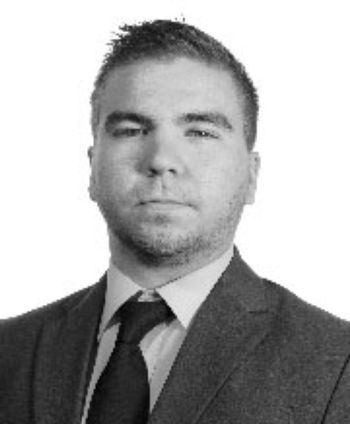Berkeley law prof slams efforts to ban 'hate speech' at Cornell
Following reports of a student chanting "build a wall" and the alleged assault of a black student, Cornell's student government passed resolutions calling for "hate speech" to be punished.
The dean of the UC-Berkeley law school recently gave a speech at Cornell University arguing against efforts to punish "hate speech" on campus.
Professor Edwin Chemerinksy, however, noted that "hateful speech is protected by the First Amendment" unless it conveys "imminent danger to physical safety."
A University of California-Berkeley law professor blasted efforts to censor “hate speech” during a recent visit to Cornell University, where students have sought to punish offensive language.
The Cornell Sun reports that Cornell President Martha Pollack invited Professor Erwin Chemerinsky, Dean of Berkeley Law and a professor of Constitutional Law and First Amendment Law, to help sort through the questions raised by student government resolutions calling for restrictions on so-called “hate speech.”
[RELATED: Cornell student gov demands ‘repercussions’ for ‘hate speech’]
Chemerinsky argued strongly for protecting free speech on campus, including so-called “hate speech,” pointing out that with few exceptions, it is protected by the Constitution.
Unless it involves inciteful language, “fighting words,” genuine threats, or otherwise conveys “imminent danger to physical safety,” he explained, “hateful speech is protected by the First Amendment.”
Chemerinsky’s position, however, contrasted sharply with the response of student government representatives to two recent incidents—one involving a student allegedly overhearing chants of “build a wall” coming from a nearby fraternity house, and another involving an assault against a black student that was allegedly perpetrated by a member of another fraternity.
[RELATED: Cornell student gov passes ‘hate speech’ resolution]
In response, the Cornell Student Assembly passed a resolution in September condemning hate speech, and the school’s Graduate Student Assembly passed similar resolutions shortly thereafter, according to The Cornell Sun.
The GSA resolution includes demands for “diversity, ally, and unconscious bias training” for all Cornell students and also calls on Cornell “to support its students by committing to never again recognizing a chapter of Psi Upsilon on campus,” even though that fraternity has denied that the student accused of assaulting a black classmate was actually a member of Psi Upsilon.
[RELATED: Frat’s construction-themed party deemed ‘racially insensitive’]
Chemerinsky challenged the basis for such actions, arguing that while “hate speech” may have common rhetorical connotations, the term has little meaning in a legal sense.
“It’s important to separate the colloquial use of the term from the legal test that’s going to decide it,” he explained.
“All ideas and views can be expressed on a college campus. Period,” he added. “It’s very important to make the distinction between discussing what the current law is as opposed to discussing what we think the law should be.”
[RELATED: UMD students outraged that school can’t ban hate symbols]
Chemerinsky acknowledged that “many scholars argue that hateful speech should be beyond the pale and outside the scope of the First Amendment,” but contended that this approach flatly contradicts the original purpose of codifying freedom of speech.
“The reason we protect free speech is not for the speech we like,” he observed. “We let that go on anyway, but the only way I’m going to be able to speak tomorrow is to allow the speech I don’t like today.”
Follow the author of this article on Twitter: @KylePerisic

